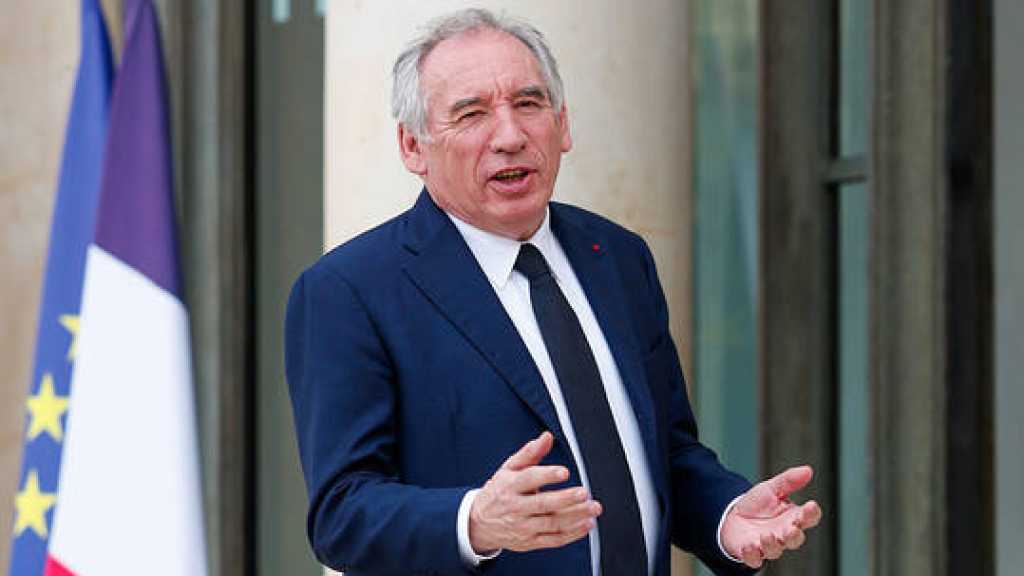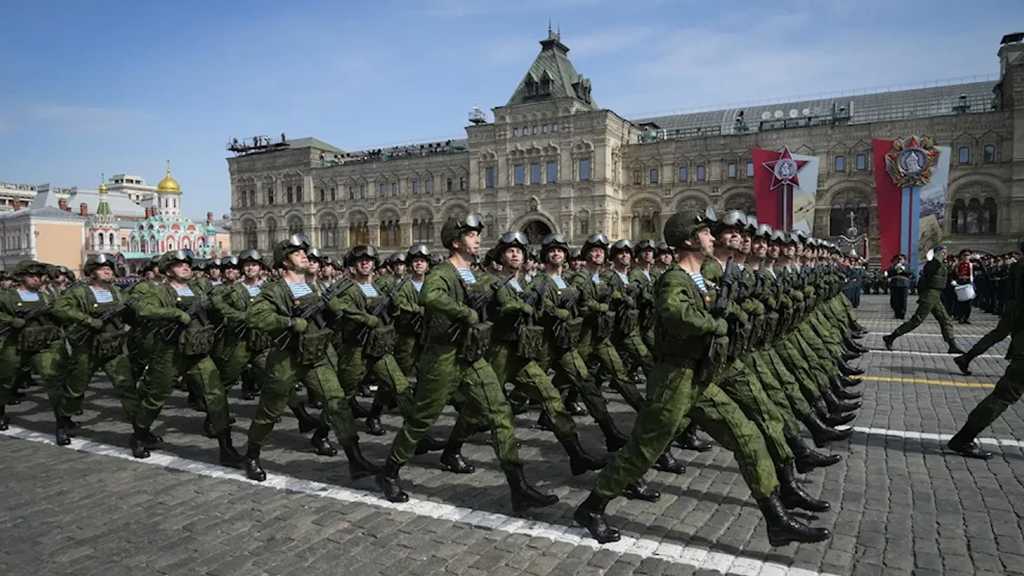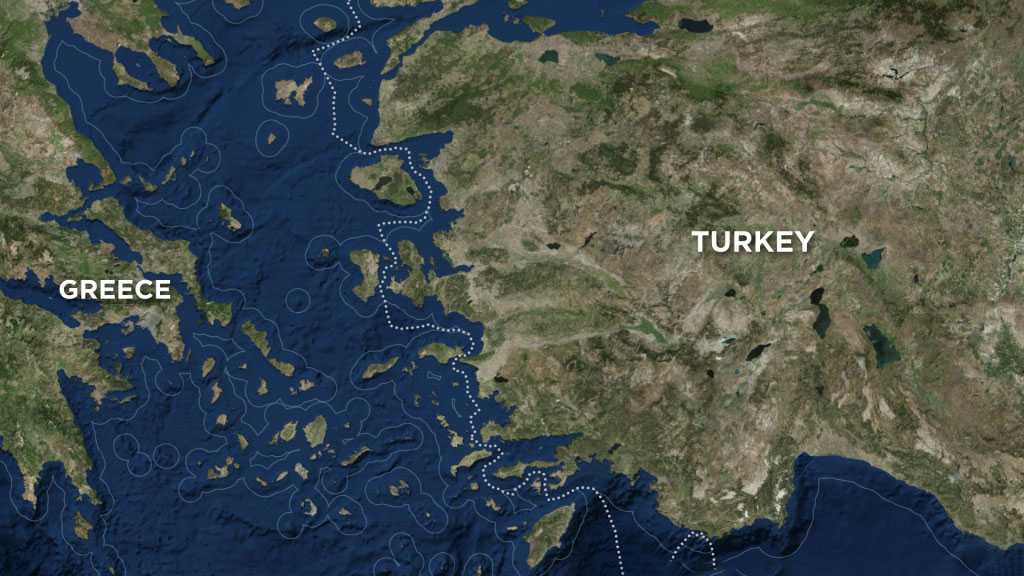Turkey’s Political Dilemma: Fractious Interim Rule as PM Gives up on Forming New Gov’t
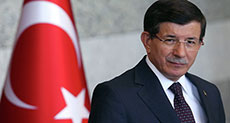
Local Editor
Turkish Prime Minister Ahmet Davutoglu formally ended attempts to form the next government Tuesday after weeks of coalition talks failed, raising the prospect of a fractious interim administration leading the country to a new election.
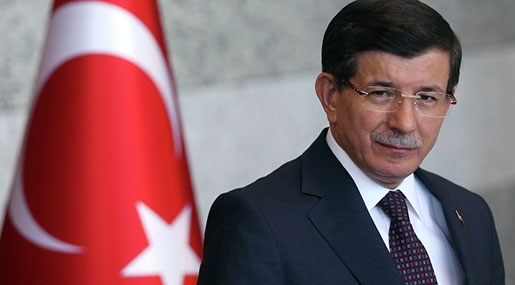
Davutoglu had been trying to find a junior coalition partner since the AK Party lost its parliamentary majority in an election in June, leaving it unable to govern alone for the first time since it came to power in 2002.
He officially handed the mandate back to President Recep Tayyip Erdogan at an evening meeting in the capital Ankara, Erdogan's office said in a statement.
AK Party spokesman Besir Atalay said the party would hold a congress on Sept. 12. That meeting could be crucial for its strategy going into a fresh election.
NATO member Turkey has not seen this level of political uncertainty since the fragile coalition governments of the 1990s.
Davutoglu met the leader of the right-wing opposition Nationalist Movement Party [MHP] Monday in a last-ditch effort to agree a working government, but the nationalist leader refused all options presented.
Erdogan could theoretically now hand the mandate to form the next government to the Republican People's Party [CHP], Turkey's second biggest, although it is also highly unlikely to be able to agree a working coalition before an Aug. 23 deadline.
Under the terms of the constitution, if no government is formed by Aug. 23, Erdogan must dissolve Davutoglu's caretaker Cabinet and call on an interim power-sharing government to lead Turkey to a new election in the autumn.
Such a temporary arrangement would theoretically hand Cabinet positions to four parties with deep ideological divisions, paralyzing policymaking and deepening the instability that has sent the lira currency to a series of record lows.
But even forming such an interim "election Cabinet" is likely to be difficult. The pro-Kurdish Peoples' Democratic Party [HDP] said it would offer representatives to take part, but the nationalist MHP has made clear it would not countenance doing so.
Senior AK Party officials had been betting that the nationalists, virulently opposed to greater Kurdish political power, would do anything possible to avoid a scenario in which the HDP held Cabinet seats, and that they might support a short-lived minority AK Party government in return for a new election.
But nationalist leader Devlet Bahceli has ruled that out, leaving an interim power-sharing Cabinet as virtually the only option. He is apparently calculating that the prospect of Kurdish politicians in ministerial positions will so enrage those on Turkey's political right that they will flock to support his party at the next election.
Parliament could in theory also vote to allow the current Cabinet to continue working until a new election, but the MHP has already said it would vote against such a move and other opposition parties have little incentive to do any different.
"Now all paths lead to the ballot box," pro-AK Party columnist Abdulkadir Selvi wrote in the Yeni Safak daily.
It will be the first time in Turkey's political history that the largest party has failed to form a coalition and repeat elections need to be held. The AK Party prides itself on providing Turkey with almost 13 years of stable one-party rule that have been a marked contrast to the chaotic coalitions and coups that marked political life before.
Source: News Agencies, Edited by website team
- Related News
